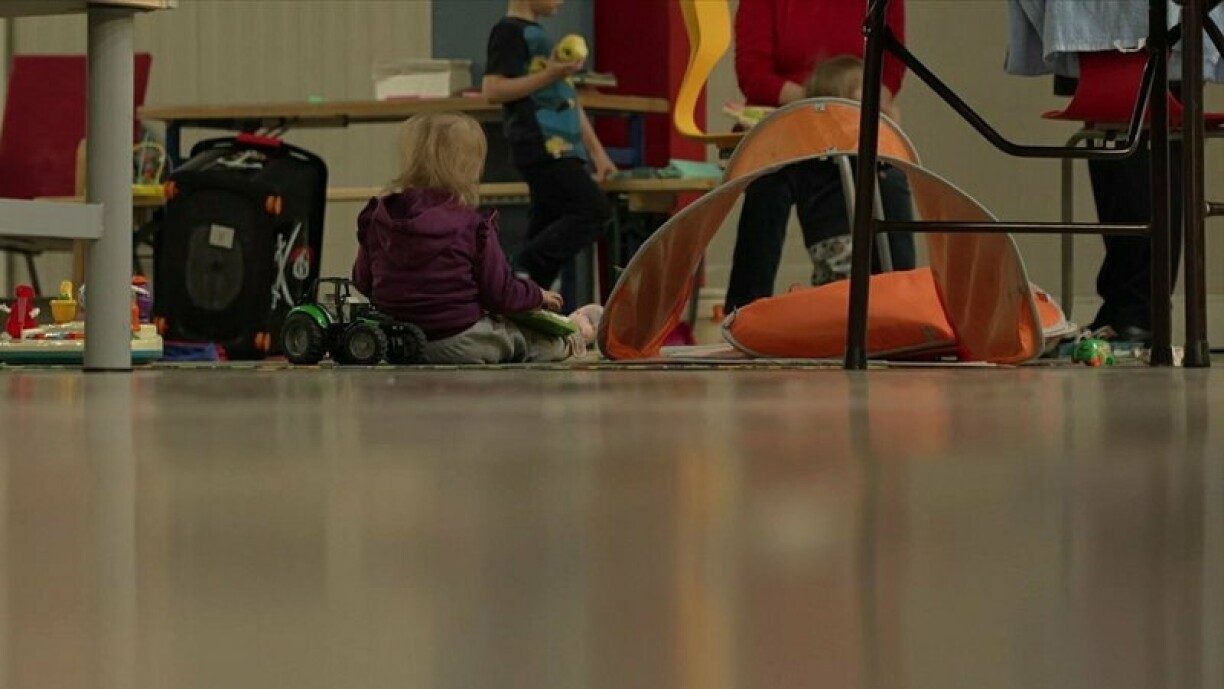
Refugees who were rejected or those in transfer can take advantage of the infrastructure to have a more targeted support system prior to their return.
Establishment of a first ‘Maison de retour’ for undocumented people falling under the Dublin III regulation (29.08.2024). Press release by the Ministry of Home Affairs, the Ministry of Family Affairs, Solidarity, Living Together and Reception of Refugees
Keeping in mind the future development of the European Union’s pact on migration and asylum, and in order to ensure an optimal management of available reception capacity, the government seeks to provide a better framework, on the one hand, for the return of people whose application for international protection has been definitively rejected and for those who have exhausted all possible appeals, to their country of origin, and, on the other hand, for the transfer of people who are obliged to go to another Member State on the basis of the Dublin III Regulation.
In addition to the elaboration of a new concept for the voluntary return, the coalition’s decision notably plans the establishment of a return home to accommodate those who are the subject of an territorial eviction decision. These measures are part of the government’s general goodwill to promote the voluntary return, to optimise and facilitate more efficient asylum and accommodation procedures, these are all steps of requesting international protection.
Thus, from the 1 September 2024 onwards, a first provisional return home will be set up in the halls of the ‘structure d’hébergement d’urgence Kirchberg’, abbreviated as SHUK, under the direction of the retention centre. Undocumented people who are obligated to leave the territory will be housed there, as well as people who will be transferred, or who are awaiting a transfer decision to another member state on the basis of the Dublin III, who have a real prospect of being transferred.
The creation of such a dedicated infrastructure enables the offer of a targeted social support system meant to encourage and accompany people on the cusp of their return or transfer, notably in the best interest of the concerned people.